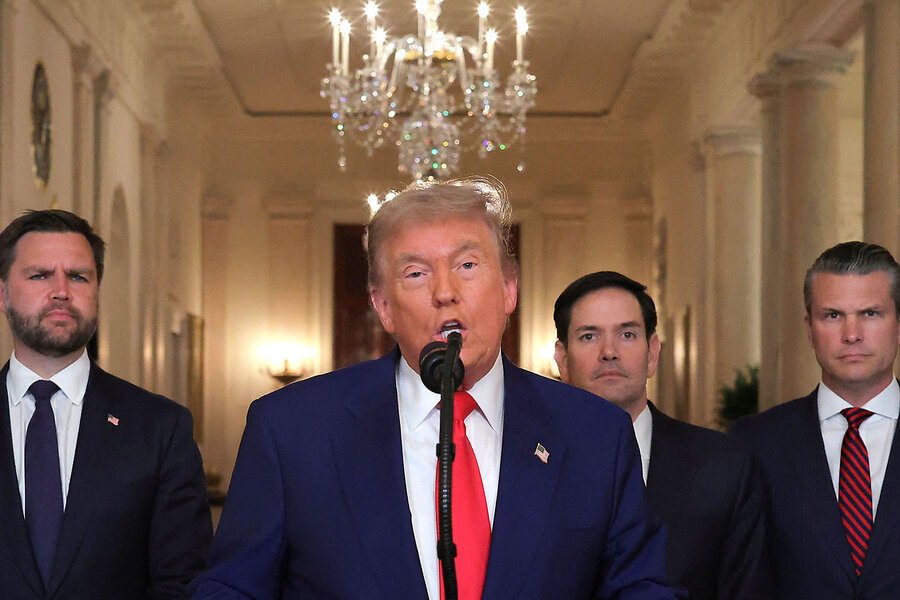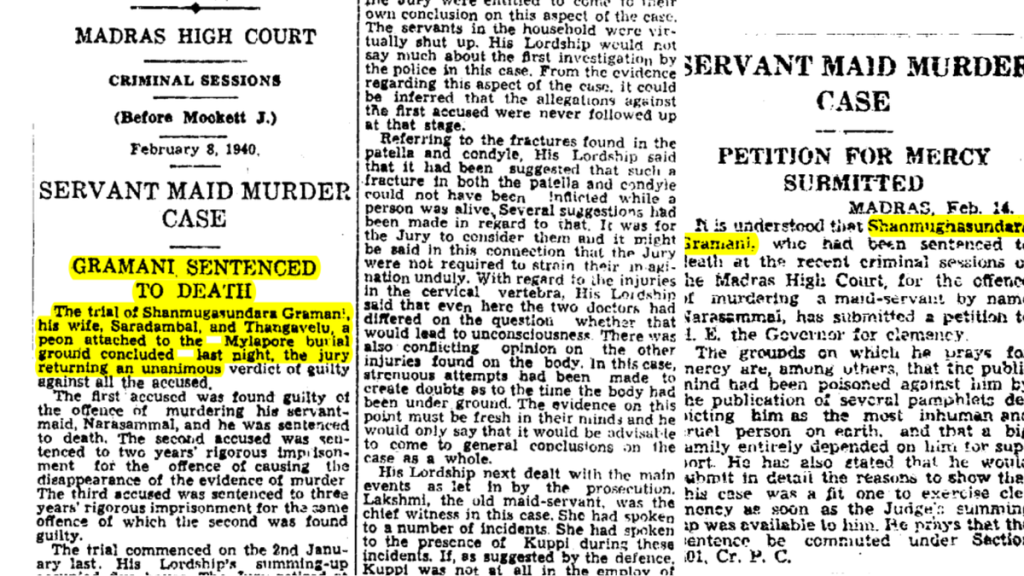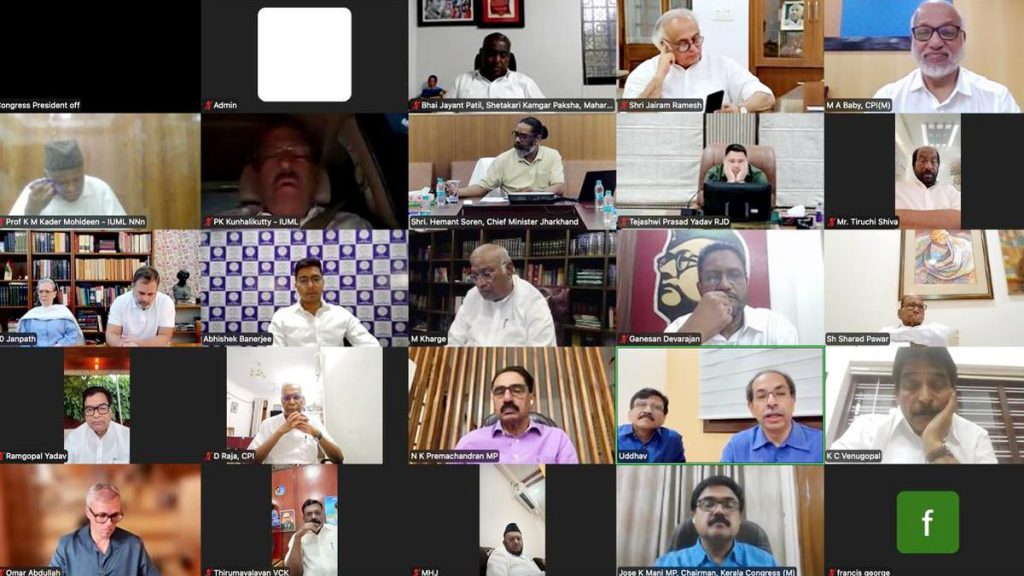Now Reading: Trump’s Strike on Iran: Should Congress Have Been Consulted?
-
01
Trump’s Strike on Iran: Should Congress Have Been Consulted?
Trump’s Strike on Iran: Should Congress Have Been Consulted?

Quick Summary
- The U.S. conducted airstrikes on Iranian nuclear facilities in support of Israel during the Israel-Iran war, without prior Congressional approval.
- This action has sparked constitutional debates over the president’s authority versus Congress’ power to declare war.
- president Trump briefed select lawmakers but did not seek formal authorization,leading to concerns about bypassing legislative oversight.
- Congress remains divided along partisan lines on weather such actions align with constitutional principles and the War Powers resolution of 1973.
– Republican leaders largely defended Trump’s authority under Article II of the Constitution.
– Democratic leaders argue only Congress can authorize military actions unless there is an imminent threat to U.S. security or citizens.
- Some Democratic lawmakers are pushing resolutions to curb further U.S. military involvement in Iran without Congressional input; impeachment proposals have been floated but avoided by House leadership.
- A declared ceasefire between Israel and Iran failed to stop continued mutual attacks, prolonging hostilities amidst uncertainty about Iran’s nuclear program status post-strike.
Indian Opinion Analysis
The recent escalation between Israel and Iran underscores meaningful global tensions that could indirectly impact India’s strategic interests in west Asia-a region vital for energy resources and trade routes. for India,stability in this area is crucial for maintaining its energy supply chain and geopolitical balance.
The ongoing debate in U.S. politics over executive versus legislative war powers highlights how political divisions influence foreign policy decisions. It serves as a reminder for India about balancing swift executive decision-making with democratic accountability when taking critical international actions affecting national interests.
Given its reliance on Iranian oil imports historically (despite sanctions) and deepening relations with both Israel and Gulf nations, India must closely monitor developments while reinforcing diplomatic ties across competing stakeholders. India’s neutral stance will be key as external parties recalibrate their alignment post-conflict.
India might also consider how similar constitutional debates could arise domestically amid growing defense challenges or partnerships involving rapid military interventions-asserting parliamentary oversight remains essential for democratic coherence across systems globally.

























